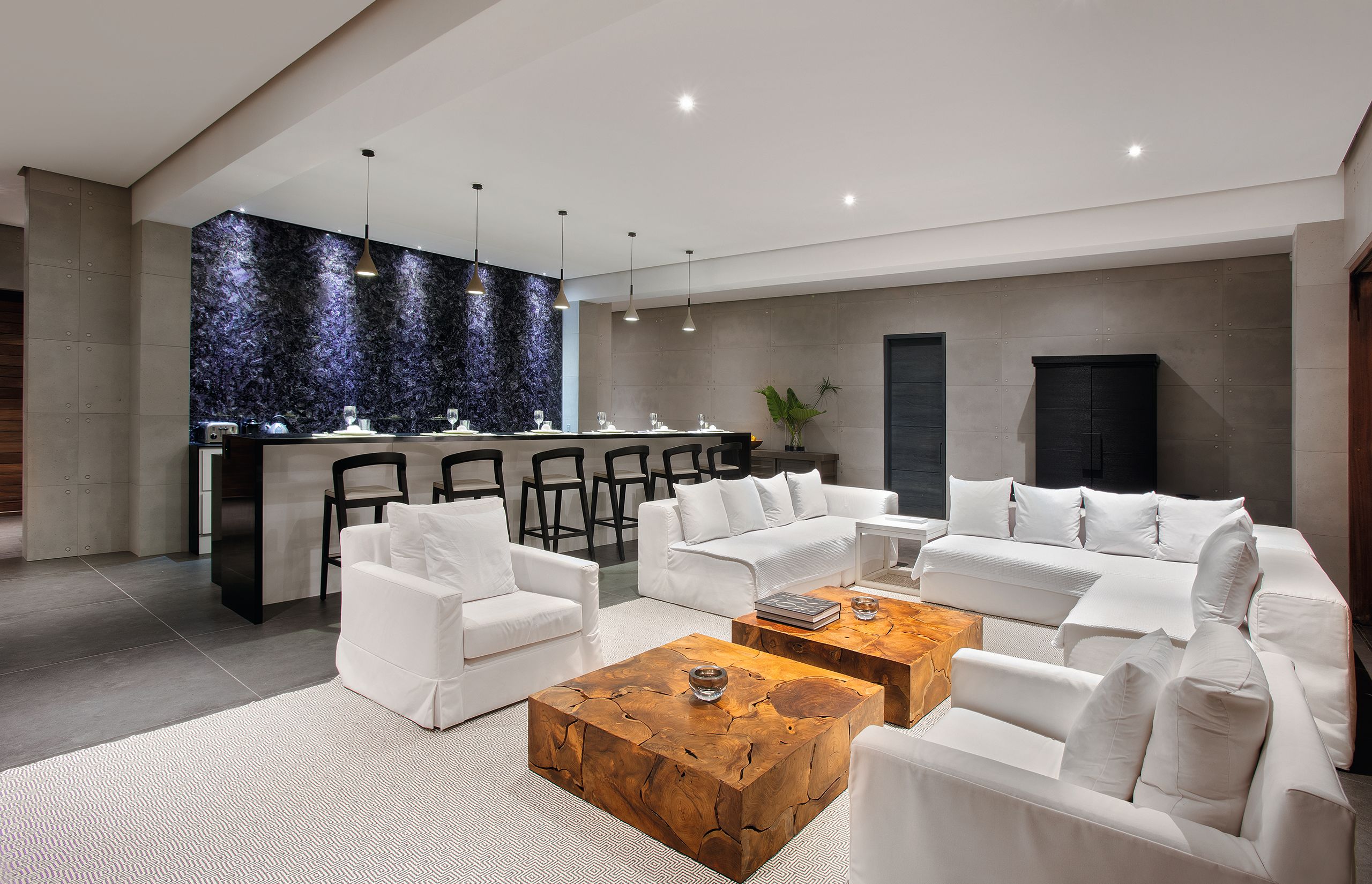HOT PROPERTY
The lowdown on the prime property market in Barbados
Ruth Bloomfield reveals the ins and outs of buying in Barbados, one of the Caribbean’s most enduringly popular islands
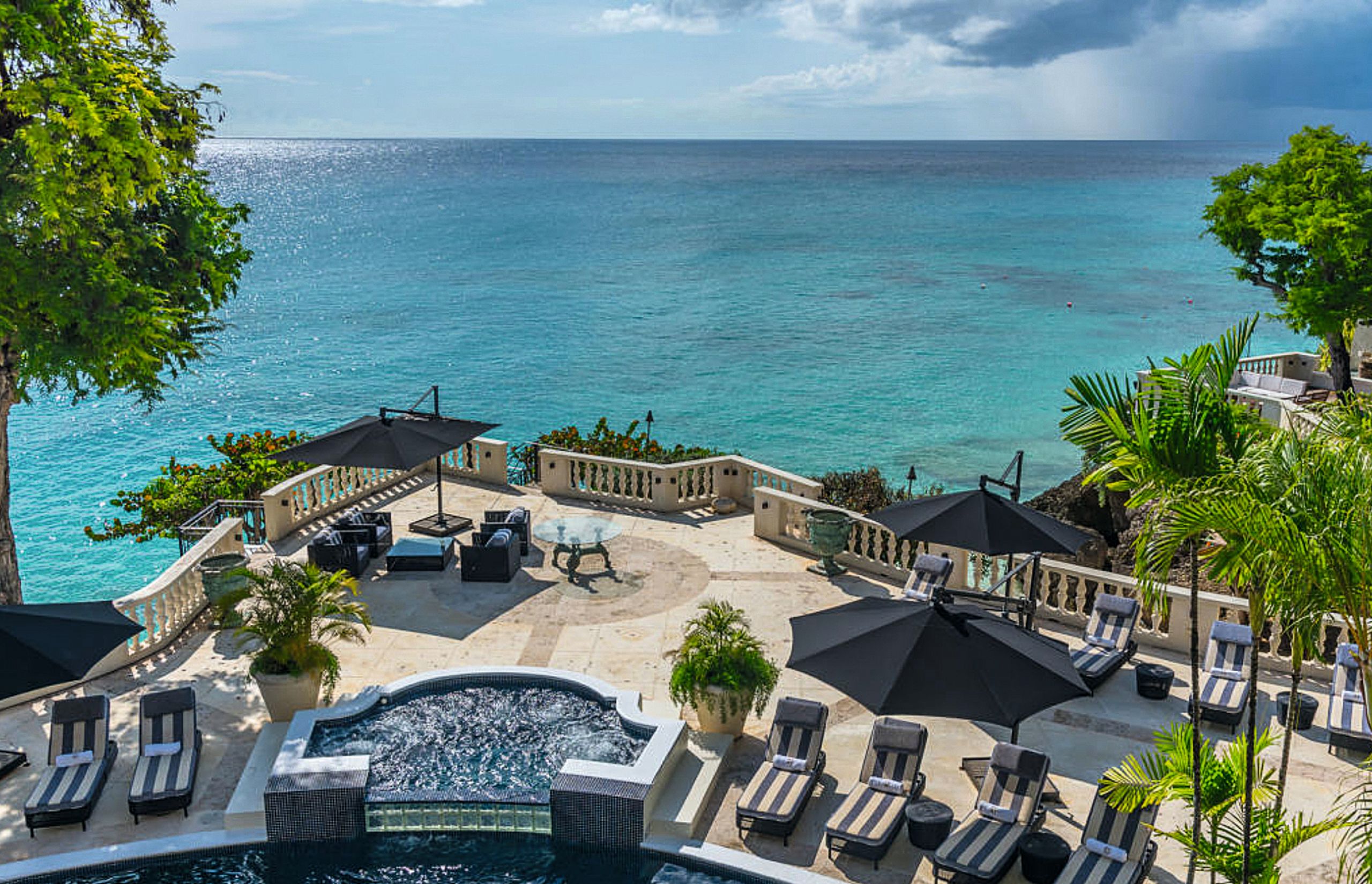
It’s that time of year when the paparazzi make their annual migration to Barbados, hoping to get that perfect shot of celebrities catching rays on Paynes Bay Beach or maybe dining at The Cliff. In terms of star power, this tiny island punches far above its weight, but there is a cloud on its horizon this year. Barbados’s real estate market has always been vulnerable to global financial shocks, and news of rocketing inflation rates and shrinking economies thousands of kilometres away are being viewed with alarm.
Real estate in Barbados emerged from the pandemic in good shape. Where some nations focused on the obstacles created by Covid-19, the Barbadian government looked for opportunities and cleverly pitched the island as the ideal working-from-home location for digital nomads.
It introduced an innovative 12-month Welcome Stamp visa, which, according to research from Knight Frank, attracted almost 3,800 applications in 2022. The scheme allows non-residents to spend a year on the island providing they earn at least US$50,000 (£41,566) a year, or hold the same amount in savings.
“... the Caribbean is more of a dream lifestyle purchase and it’s very important to have feet on the ground.”
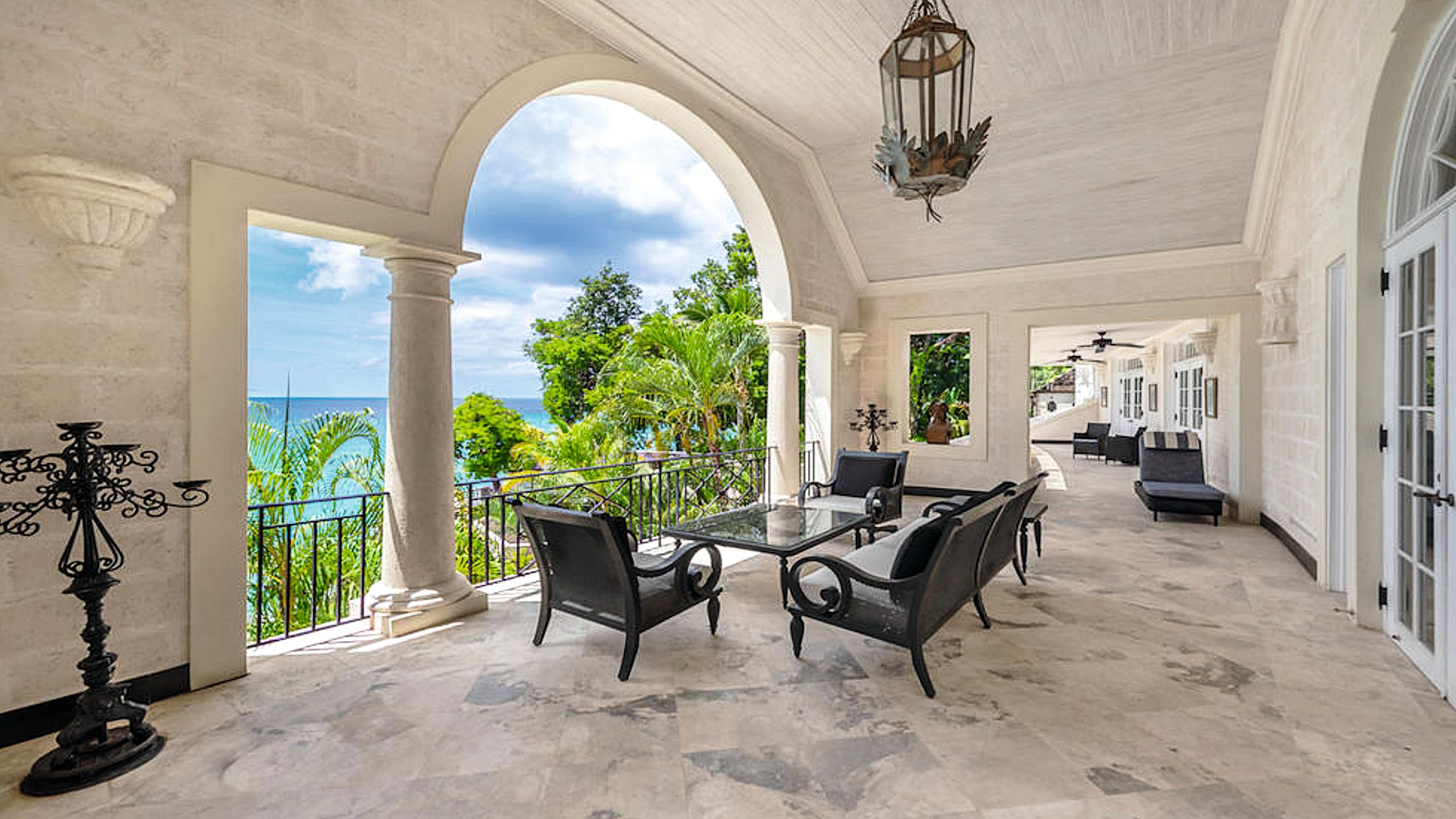
With demand running high, many homes that had been sitting on the market for months – years, even – were sold during 2021 and 2022, and prices rose sharply. According to Barbadian estate agent Terra Caribbean, the average sale price shot up from an average of $648,000 in 2021 to $1.3 million. But this increase does reflect the impact of the return of high-spending overseas buyers to the island after travel restrictions were relaxed more than underlying growth.
“We had a very good year,” agrees Andrew Blandford-Newson, a senior negotiator in Knight Frank’s international team. “In other parts of the world, people were willing to buy property through virtual viewings, whereas the Caribbean is more of a dream lifestyle purchase and it’s very important to have feet on the ground.”
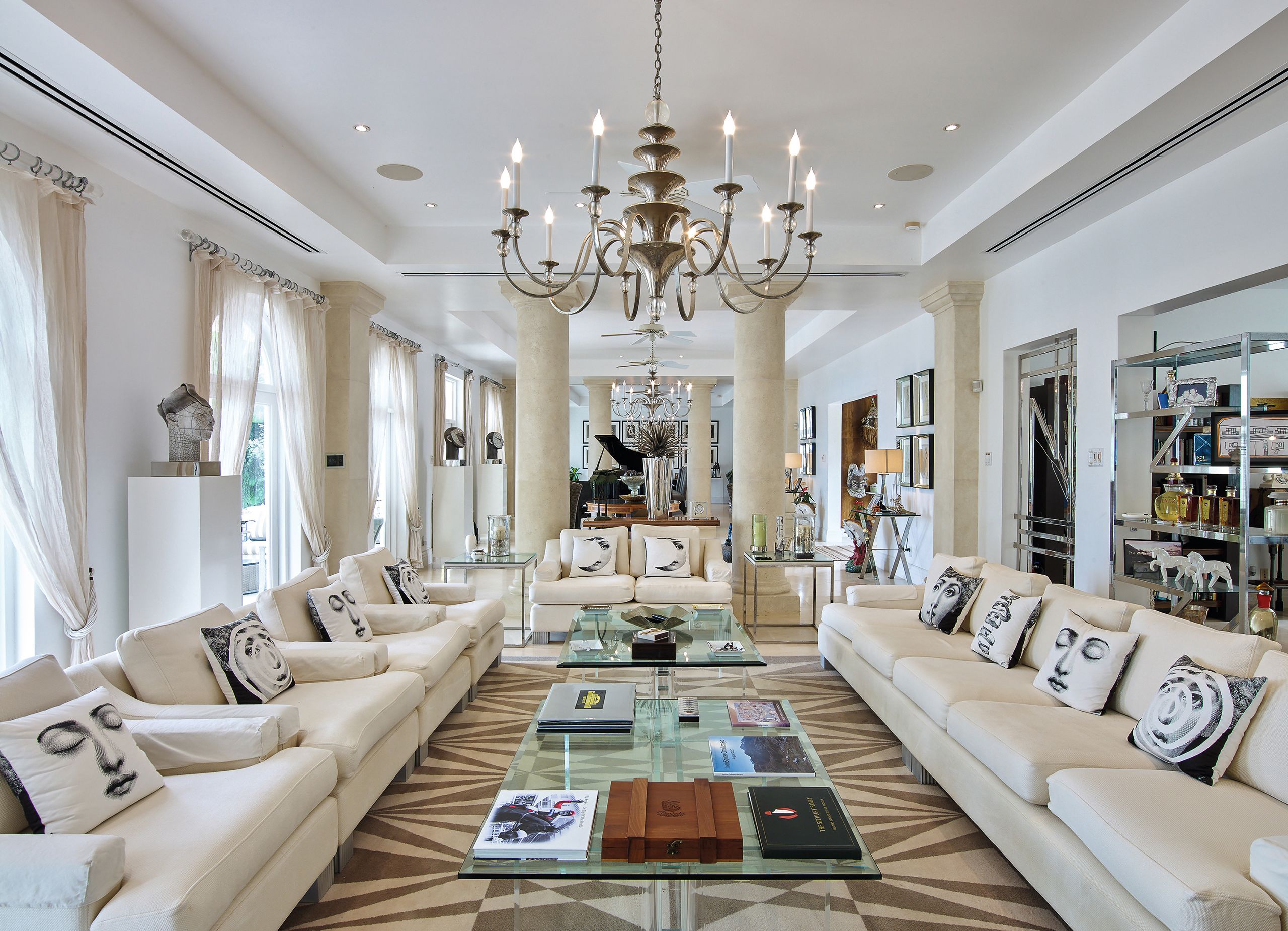
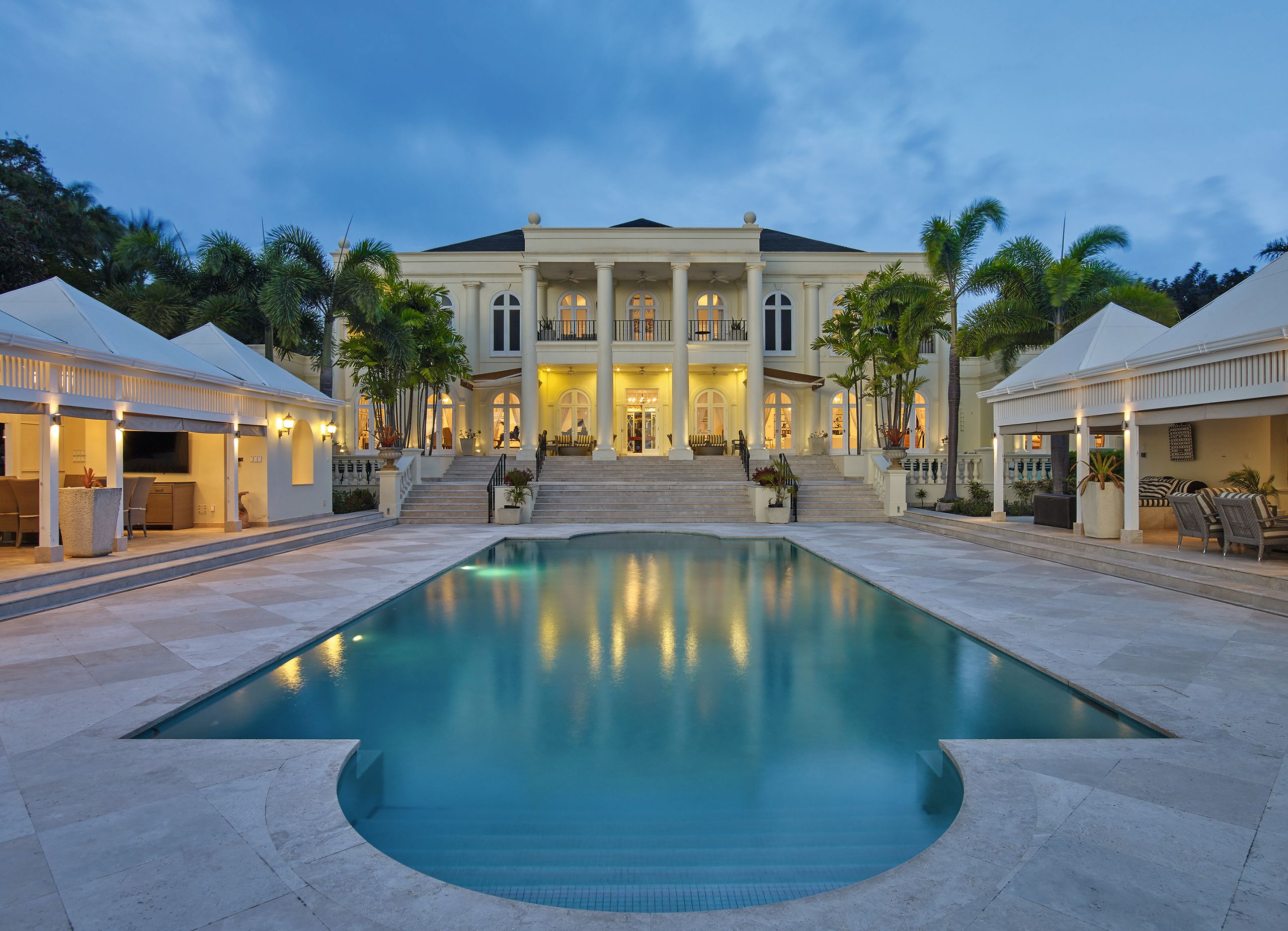

SOTHEBY'S INTERNATIONAL REALTY
SOTHEBY'S INTERNATIONAL REALTY

SOTHEBY'S INTERNATIONAL REALTY
SOTHEBY'S INTERNATIONAL REALTY
The Ridge in St Peter has interiors by the renowned Peter Inston and extensive grounds. It is listed with Barbados Sotheby’s International Realty at $21.5m
Historically, the main buyers of Barbadian proper ties have been Britons, followed by Canadians and Americans. In 2022, with the UK economy in turmoil and the weakness of the pound against the dollar, Rae “Muffin” Stollmeyer of Barbados Sotheby’s International Realty saw fewer buyers from the UK and more from North America. “Because Barbados is tied to the US dollar, we’ve got a little bit more expensive for UK buyers. They’re all saying they will wait until the pound bounces back.”
At just 34 kilometres by 23 kilometres, it is easy to imagine that there is not much postcode premium at play on Barbados, but even on this small island, micro markets exist. Stollmeyer’s buyers tend to be firmly fixed on a home on the island’s “platinum” west coast. “The east coast is our Atlantic coast. The sea is rougher, and you have a lot of maintenance to do because homes are being hit by all that weather,” she explains.
“The government cleverly pitched the island as the ideal working-from-home location for digital nomads”
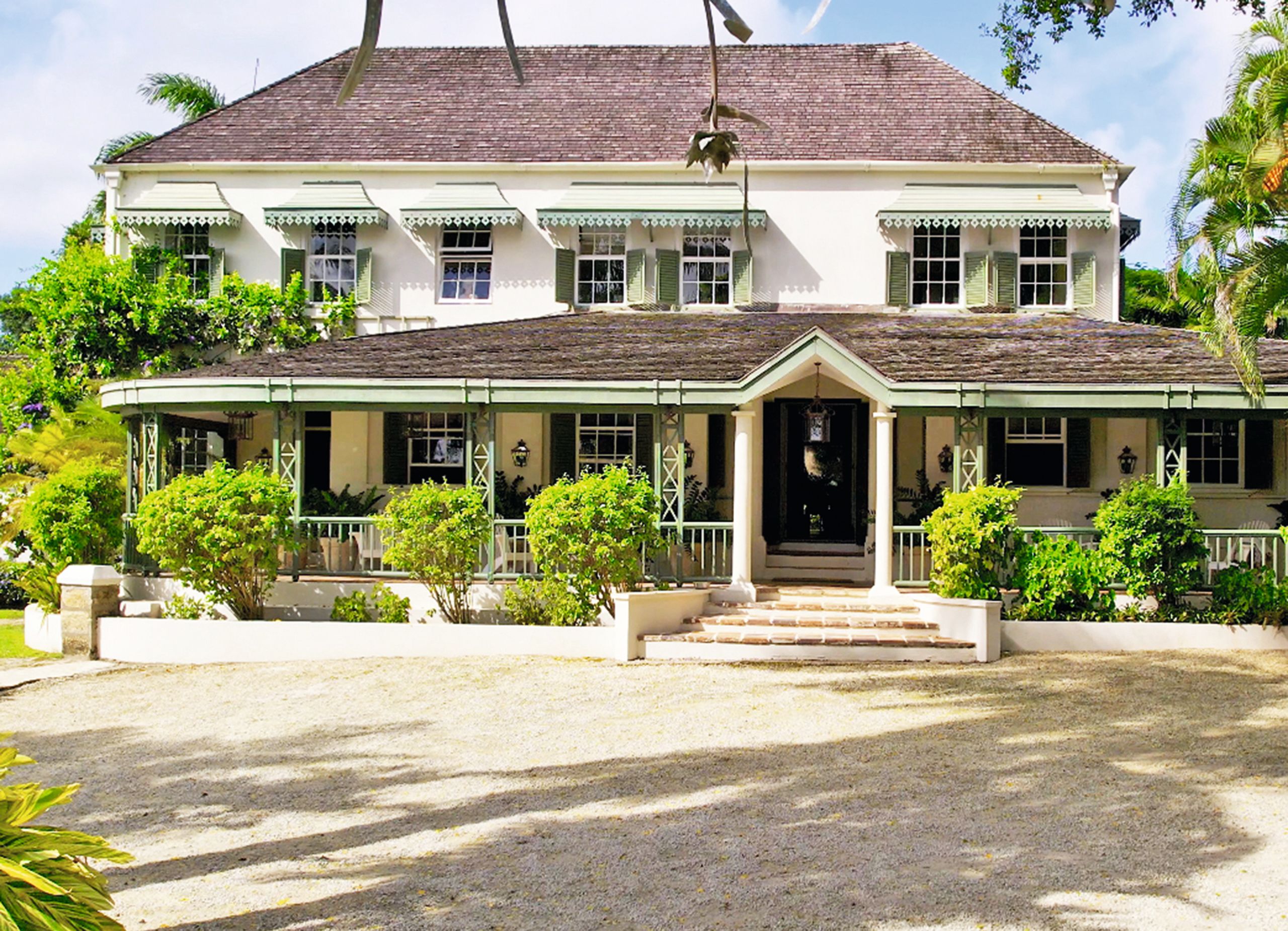
Buyers who plan on spending long spells on the island tend to want a villa with a pool. A property on or close to the beach with four bedrooms would cost from around $3 million, although the grandest villas sell for 10 times that.
Another popular choice is a home within a gated community, with security and shared amenities, priced from around $2 million. Buyers who prefer an apartment should budget from around $900,000 for a two-bedroom property.
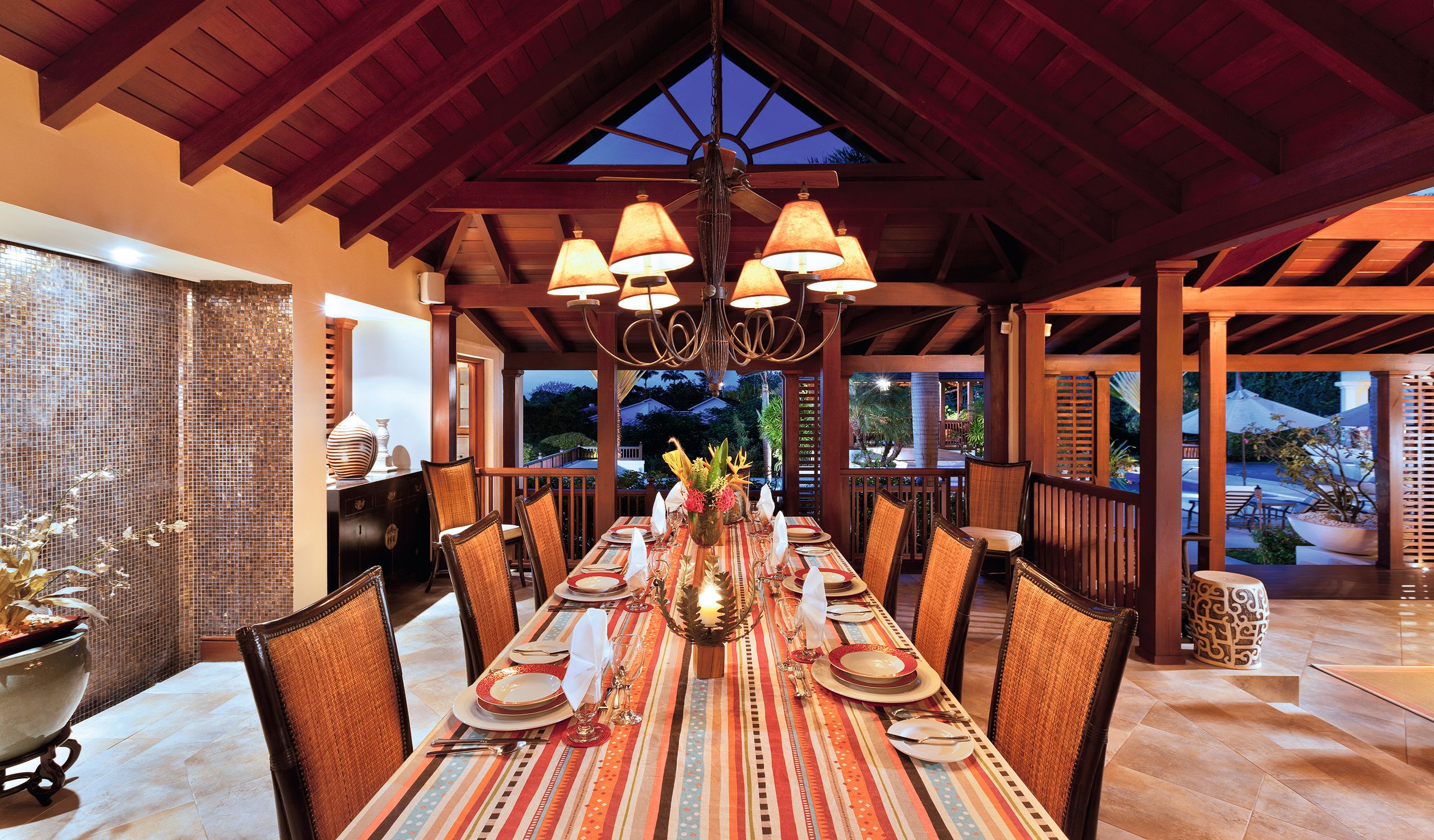
Homes on the east coast are around 20 per cent cheaper, at around $450 per square foot, according to Knight Frank. Blandford-Newson has seen buyers who already own property on the west coast beginning to show interest in moving east where they can buy land and build their own lavish houses. Perhaps they want to escape the hustle and bustle of the west, because the east is “far quieter and a lot more traditional away from the international influences on the west coast”, he says. “I think that they see it as an emerging hot spot.”
Whether they are correct will depend, to a large extent, on the global economy. With the UK currently in recession and the US heading in the same direction, locals are recalling the decade of price falls triggered by the financial crisis of 2007 and 2008. “I think this time around the financial circumstances are not as bad,” comments Blandford-Newson. “The mini budget did cause concern, but the pound has now recovered and we are still seeing demand.”
Stollmeyer is also cautiously optimistic that Barbados will continue to tempt buyers who now care more about living well than investment potential. “We’ve got a lot to offer,” she says.
